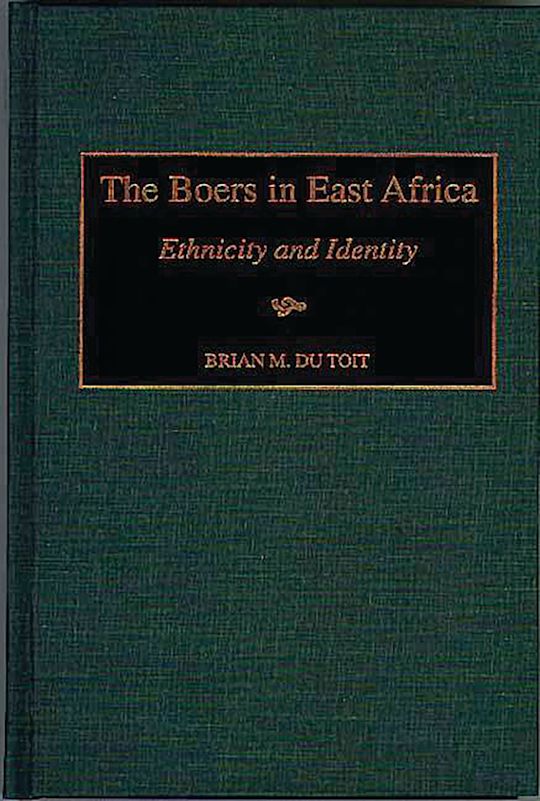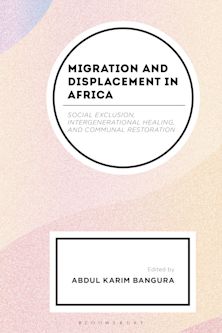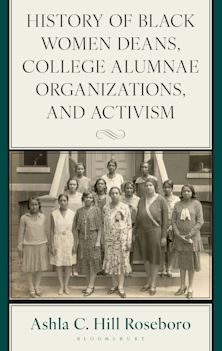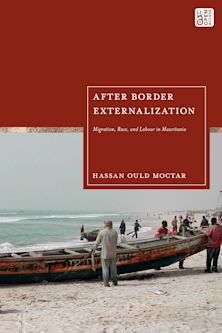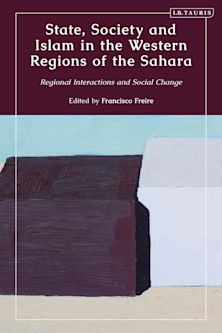- Home
- ACADEMIC
- African & Africana Studies
- African History
- The Boers in East Africa
This product is usually dispatched within 1 week
- Delivery and returns info
-
Free US delivery on orders $35 or over
You must sign in to add this item to your wishlist. Please sign in or create an account
Description
The end of the Anglo-Boer War in May 1902 left the Boers (Afrikaners) defeated and bitter in a ravaged land. Poverty and disillusionment spurred many to leave the post-war British-administered South Africa. This book studies one group of emigres who trekked northward to German East Africa and British East Africa. The author relies heavily on primary sources written in both Dutch and Afrikaans to describe the experiences of the Boers in East Africa.
The literature dealing with the Afrikaners documents a people known for their independent insistence upon their language and culture, for their territorial sovereignty established in southern Africa, and for their characteristic religiosity and reliance on Old Testament-based Calvinism. Large numbers of Boers would not or could not adjust to living under an administration with whom they had been at war, and those who tried did not receive much support. As one eyewitness wrote, Not much was needed to stimulate the desire to trek. And so the Afrikaner Diaspora began.
Table of Contents
The East African Scramble
Events in the South
Exploring the Hinterland
Trekking
Settlement
The Economy
The Church
Education
Transitions
Conclusion
Appendixes
References
Index
Product details
| Published | Oct 28 1998 |
|---|---|
| Format | Hardback |
| Edition | 1st |
| Extent | 224 |
| ISBN | 9780897896115 |
| Imprint | Praeger |
| Dimensions | 9 x 6 inches |
| Publisher | Bloomsbury Publishing |
About the contributors

ONLINE RESOURCES
Bloomsbury Collections
This book is available on Bloomsbury Collections where your library has access.








